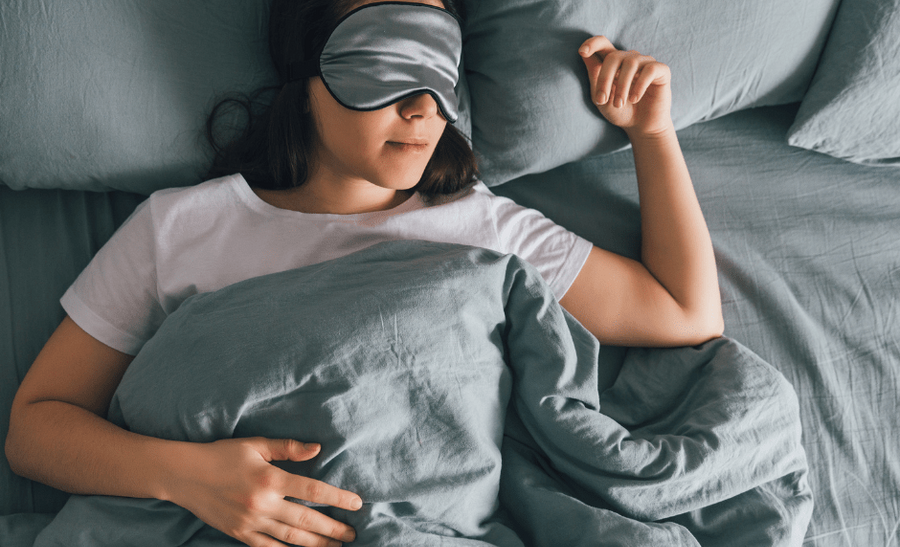
Getting quality sleep is often overlooked when it comes to weight management—but it plays a critical role in achieving long-term success. At Weight Medics, we understand that sustainable weight loss requires a holistic approach, which includes not only what you eat and how you move but also how well you sleep.
How Are Sleep and Weight Linked?
There’s a strong connection between poor sleep and increased Body Mass Index (BMI). Research shows that people who don’t get enough quality sleep are more likely to gain weight or struggle to lose it. Chronic sleep deprivation is associated with metabolic dysfunction, increased appetite, and reduced motivation for physical activity—all of which make weight loss more challenging.
Can Lack of Sleep Increase Your Appetite?
Yes—and here's why. Your appetite is regulated by two key hormones: ghrelin (which increases hunger) and leptin (which signals fullness). When you don’t get enough sleep, ghrelin levels rise and leptin levels fall, leading to stronger hunger signals and reduced satiety. The result? You’re more likely to crave high-calorie, high-fat, and high-sugar foods, especially during late-night hours.
Does Sleep Affect Metabolism?
Absolutely. Metabolism naturally slows down during sleep, but disrupted sleep or insomnia can lead to metabolic dysregulation. Poor sleep interferes with your circadian rhythm, the internal clock that governs many processes in your body—including fat storage and blood sugar control. Eating late at night, especially when your metabolism is at its lowest, increases your risk of weight gain and insulin resistance.
Sleep and Physical Activity: A Two-Way Relationship
Sleep and exercise go hand in hand. When you’re well-rested, you’re more likely to be active and engaged throughout the day. Conversely, lack of sleep reduces energy levels and makes it harder to commit to workouts. Exercise also helps you sleep better—so aim for at least 30 minutes of activity per day, ideally outdoors, to help support both your weight loss and your sleep quality.
FAQs: Sleep and Weight Loss Medications
Does Phentermine Affect Sleep?
Yes, Phenterminecan disrupt sleep. As a stimulant that suppresses appetite, Phentermine may cause insomnia or restlessness, especially if taken later in the day. To reduce the risk of sleep problems, it’s recommended to take it in the morning and avoid caffeine in the afternoon or evening.
Do GLP-1 and GIP Medications (Like Wegovy or Mounjaro) Affect Sleep?
GLP-1 and GIP receptor agonists like Muonjaro and Wegovy are not stimulants, so they typically do not cause insomnia. However, some patients may experience indirect sleep disturbances, especially during the initial stages of treatment, due to nausea, reflux, or bloating. On the flip side, these medications can improve sleep quality over time by supporting weight loss, which helps reduce symptoms of obstructive sleep apnoea, acid reflux, and joint pain—common barriers to restful sleep.
If you're experiencing ongoing sleep issues while taking these medications, your Weight Medics clinician can adjust your plan and offer additional support.
Final Thoughts
Sleep is not just a luxury—it's a key pillar of health that directly influences your ability to manage weight effectively. Whether you’re taking Phentermine, Wegovy or Mounjaro medications as part of your treatment plan, optimising your sleep should be part of your strategy.
At Weight Medics, our clinical team takes a 360-degree approach to weight loss—addressing nutrition, medication, mental wellbeing, lifestyle, and yes, sleep hygiene. Book your consultation today to learn how we can support you on every level of your weight loss journey.








